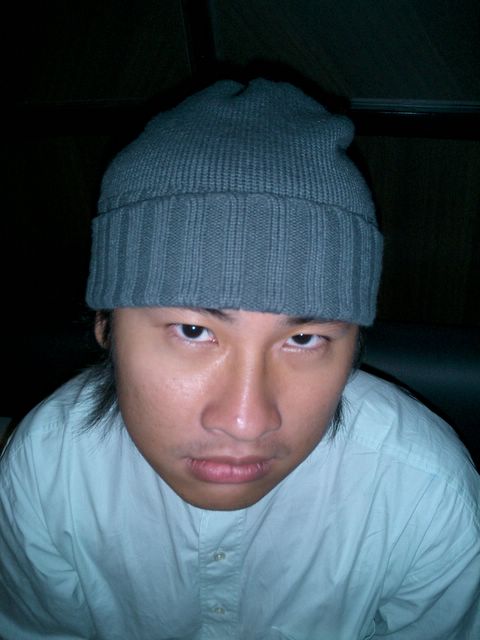Religion a figment of human imagination
00:01 28 April 2008
NewScientist.com news service
Andy Coghlan
Humans alone practice religion because they're the only creatures to have evolved imagination.
That's the argument of anthropologist Maurice Bloch of the London School of Economics. Bloch challenges the popular notion that religion evolved and spread because it promoted social bonding, as has been argued by some anthropologists.
Instead, he argues that first, we had to evolve the necessary brain architecture to imagine things and beings that don't physically exist, and the possibility that people somehow live on after they've died.
Once we'd done that, we had access to a form of social interaction unavailable to any other creatures on the planet. Uniquely, humans could use what Bloch calls the "transcendental social" to unify with groups, such as nations and clans, or even with imaginary groups such as the dead. The transcendental social also allows humans to follow the idealised codes of conduct associated with religion.
"What the transcendental social requires is the ability to live very largely in the imagination," Bloch writes.
"One can be a member of a transcendental group, or a nation, even though one never comes in contact with the other members of it," says Bloch. Moreover, the composition of such groups, "whether they are clans or nations, may equally include the living and the dead."
Modern-day religions still embrace this idea of communities bound with the living and the dead, such as the Christian notion of followers being "one body with Christ", or the Islamic "Ummah" uniting Muslims.
Stuck in the here and now
No animals, not even our nearest relatives the chimpanzees, can do this, argues Bloch. Instead, he says, they're restricted to the mundane and Machiavellian social interactions of everyday life, of sparring every day with contemporaries for status and resources.
And the reason is that they can't imagine beyond this immediate social circle, or backwards and forwards in time, in the same way that humans can.
Bloch believes our ancestors developed the necessary neural architecture to imagine before or around 40-50,000 years ago, at a time called the Upper Palaeological Revolution, the final sub-division of the Stone Age.
At around the same time, tools that had been monotonously primitive since the earliest examples appeared 100,000 years earlier suddenly exploded in sophistication, art began appearing on cave walls, and burials began to include artefacts, suggesting belief in an afterlife, and by implication the "transcendental social".
Once humans had crossed this divide, there was no going back.
"The transcendental network can, with no problem, include the dead, ancestors and gods, as well as living role holders and members of essentialised groups," writes Bloch. "Ancestors and gods are compatible with living elders or members of nations because all are equally mysterious invisible, in other words transcendental."
Nothing special
But Bloch argues that religion is only one manifestation of this unique ability to form bonds with non-existent or distant people or value-systems.
"Religious-like phenomena in general are an inseparable part of a key adaptation unique to modern humans, and this is the capacity to imagine other worlds, an adaptation that I argue is the very foundation of the sociality of modern human society."
"Once we realise this omnipresence of the imaginary in the everyday, nothing special is left to explain concerning religion," he says.
Chris Frith of University College London, a co-organiser of a "Sapient Mind" meeting in Cambridge last September, thinks Bloch is right, but that "theory of mind" – the ability to recognise that other people or creatures exist, and think for themselves – might be as important as evolution of imagination.
"As soon as you have theory of mind, you have the possibility of deceiving others, or being deceived," he says. This, in turn, generates a sense of fairness and unfairness, which could lead to moral codes and the possibility of an unseen "enforcer" - God – who can see and punish all wrong-doers.
"Once you have these additions of the imagination, maybe theories of God are inevitable," he says.
Journal reference: Philosophical Transactions of the Royal Society B, (DOI:10.1098/rstb.2008.0007)

世界在破晓的瞬间前埋葬于深渊的黑暗
Tuesday, April 29, 2008
Religion a figment of human imagination??
This is from the original article here. This is a theory of religion that is not that different from that of Pascal Boyer, which I like very much and have written an article for the local newspaper about it before (search this blog, it is there).
Subscribe to:
Post Comments (Atom)






No comments:
Post a Comment